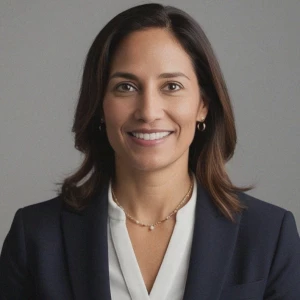Hi everyone,
I’ve made it to the final round for an in-house M&A Associate role at a large corporation. The interview will be 1.5-2 hours, and I’ve been told it will include a case study, though they haven’t shared what the case will cover.
For those of you who’ve been through similar corporate development or in-house M&A interviews, I’d love your thoughts on:
What kind of case format did you receive?
Was it quant-heavy, or more focused on qualitative reasoning and business judgment?
Did you have to present your thinking, or was it a more conversational case?
Any tips for framing a recommendation when you don’t have access to full financial models?
Anything you wish you’d done differently to prepare?
Thanks in advance - any insights would be hugely appreciated!








